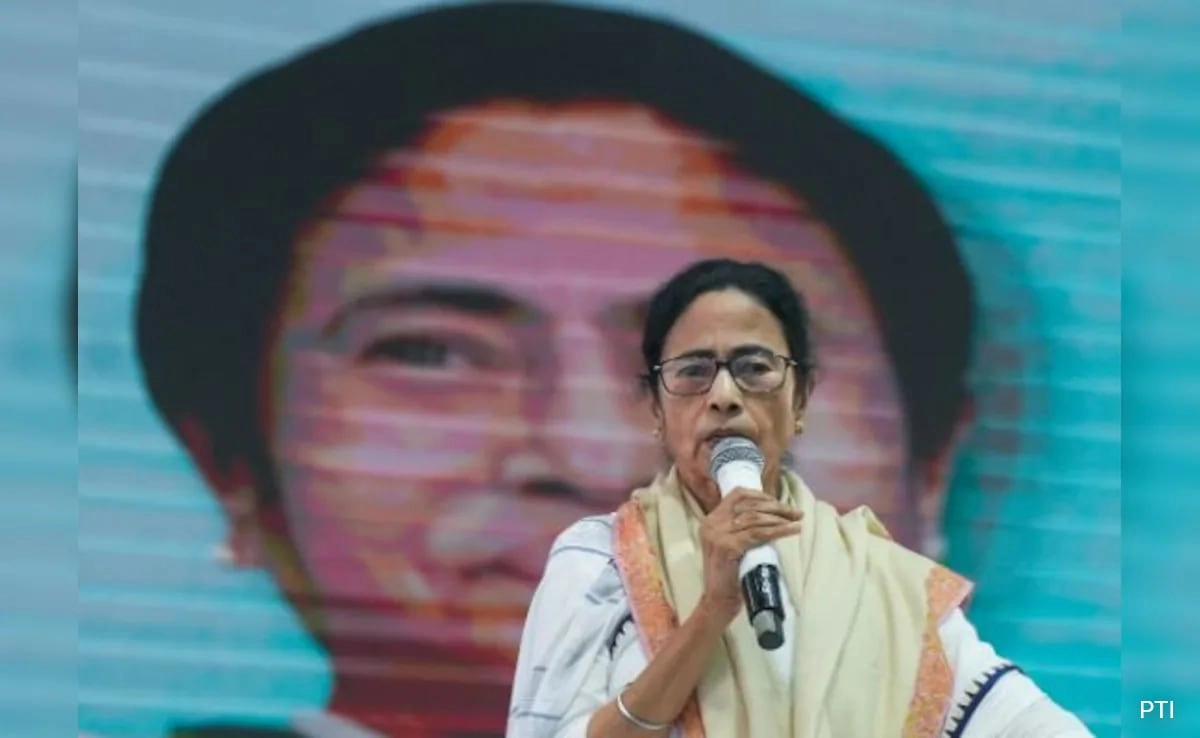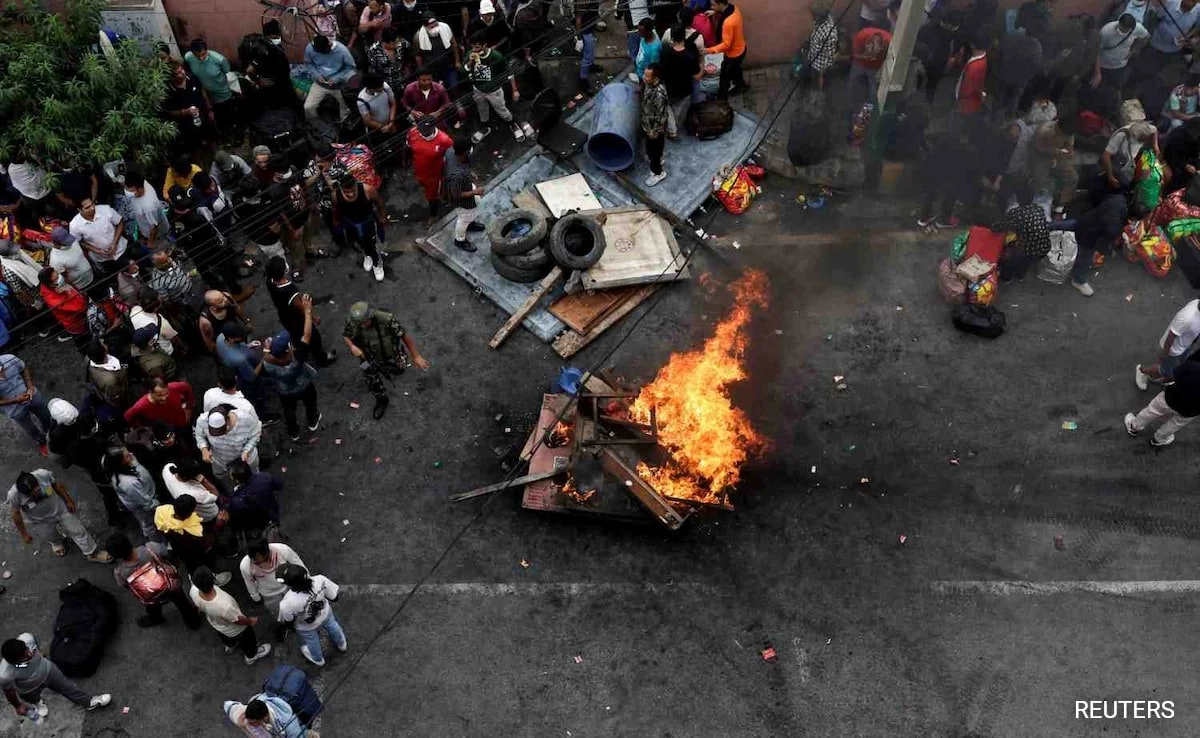Mamata Banerjee, the Chief Minister of West Bengal, recently expressed her dissatisfaction with the Indian judiciary following a significant setback in the Supreme Court. This development has reignited discussions about the relationship between the executive and judicial branches in India, particularly how political leaders respond to court rulings that they perceive as unfavorable. Banerjee’s comments reflect a growing trend among politicians to vocalize their frustrations with judicial decisions, raising questions about the implications for the rule of law and democratic principles in the country.
The Supreme Court’s ruling in question pertains to a contentious issue involving the state government’s policies and actions, which the court deemed unconstitutional. Banerjee, known for her fiery rhetoric, criticized the court’s decision, suggesting that it undermines the authority of the elected government and the will of the people. This clash underscores the ongoing tension between state leadership and the judiciary, particularly in a politically charged environment where decisions often have far-reaching implications for governance.
Banerjee’s remarks have sparked a debate among legal experts and political analysts about the appropriate balance of power between these branches of government. While some argue that the judiciary serves as a necessary check on the executive, ensuring accountability and adherence to the Constitution, others contend that excessive judicial intervention can lead to an erosion of democratic processes. The Chief Minister’s outburst may resonate with her supporters who feel that their voices are not being heard in the corridors of power, but it also risks alienating those who view the judiciary as a protector of rights and liberties.
As the political landscape in India continues to evolve, the friction between Mamata Banerjee and the judiciary could have significant implications for her government’s future. The incident serves as a reminder of the delicate balance necessary for a functioning democracy, where respect for judicial authority must coexist with the executive’s mandate to govern. How Banerjee navigates this challenge could define her political legacy and impact the broader discourse on the role of the judiciary in Indian democracy.




